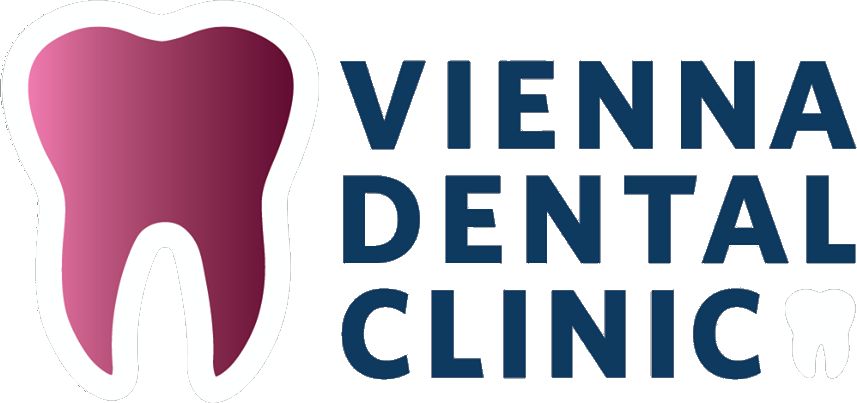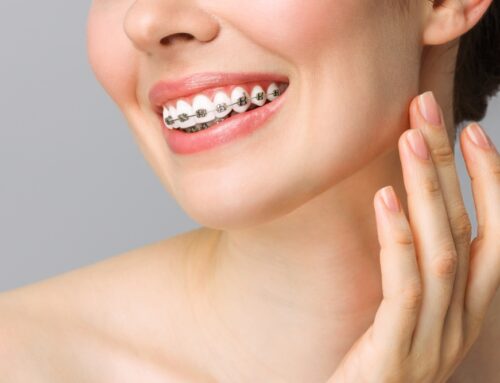Introduction
Your upper and lower jaws must meet equally to accomplish solid oral health and a magnificent smile. This permits you to eat and swallow easily and avoid some intense health risks to your jaw, mouth, and teeth.
Overbite is ordinary and probably won’t require treatment except when it is severe and influences your discourse and eating. Overbite is a condition occurs when your top front teeth extend beyond your bottom front teeth
What is an overbite?
An overbite is a dental problem in which the front teeth are too far forward in the mouth, causing a gap between the teeth and the lips. Overbites can cause problems with speech, eating, and overall dental health.
Dental specialists know how to fix this and overbite issues, and correction is the second most regular reason for individuals wearing braces.
An overjet is an even overbite; it causes the upper teeth to distend out of the mouth. At the point when it is profoundly articulated, it is known as “buck teeth.” Overjet can happen close to an open bite; this makes an upward hole between the upper and lower teeth.
Discuss the Causes of an overbite.
There are many potential causes of an overbite, including genetics, Pierre Robin syndrome, and dental problems such as a molar overhang or an abscess.
- Genetics:
Actual highlights like jaw shape and estimate can be acquired and passed down to ages. A few people are brought into the world with a little upper or lower jaw, while others are obtained with an uneven jaw.
- Thumb-Sucking:
Sucking the thumb can cause buck teeth. At the point when a youngster keeps sucking past the age of 3 or 4 when the super durable teeth are developing, the strain framed by sucking will make the teeth emerge at a unique point.
- Pacifiers:
Sucking on a pacifier can cause overbite like sucking the thumb does. Studies have related the utilization of pacifiers with a higher risk of malocclusions than sucking the fingers or thumb.
Is overbite bad?
Overbites are not bad. It is just a matter of personal preference. Some people like overbites because they look cute, and others like overbites because they have strong teeth. It really depends on what you are looking for. Overbites are not a problem.
After diagnosing that you have an overbite, the following thing to do is see if you really want treatment to address it. There are many reasons to fix an overbite; one is the health risks of this condition. The issues brought about by an overbite rely upon the seriousness of the situation.
How to fix an overbite?
There are a few things that you can do to fix an overbite. You can take a look at some of the following methods to see if any of them are a good fit for you:
- Braces:
Braces can help to correct an overbite by moving the teeth into a better position. If you are considering braces, be sure to talk to your dentist about the best option for you.
- Surgery:
If braces or other methods don’t work, surgery may be the best option for you. Surgery can help to fix an overbite by correcting the position of the teeth and jaw. Be sure to talk to your dentist about the potential risks and benefits of surgery before making a decision.
- Invisalign:
Invisalign is a type of dental treatment that uses clear, custom-made braces. This treatment is often less invasive than other options, and it often results in less pain and discomfort.
Conclusion
Before you correct your overbite issue, you probably saw a few undesirable circumstances like disabled facial appearance, headache, facial torment, and some more. Thank You!




